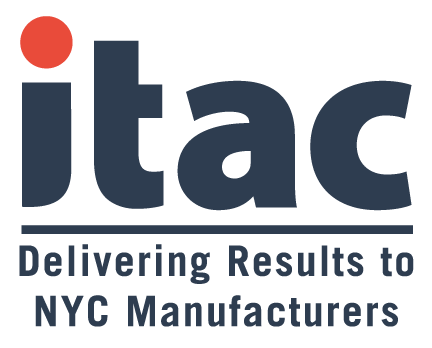Online Course Information:
With millions affected by food allergens, consumers look to food companies to provide them with safe food products. Consumers rely on the industry to recognize, process and market foods with correct labeling. Misrepresentation of food allergens can become very costly to food manufacturers and suppliers. Mishandling of food allergens is one of the most common reasons for food recalls. Currently, over 45% of all class recalls are allergen related and the numbers are not going down. According to the Food Allergen Labeling and Consumer Protection Act (FALCPA), there are 8 major allergens accounting for 90% of food allergic reactions, which include any other ingredients that contain proteins from one of more of them and must therefore declared in a specific way on food packaging. Allergen control is an essential part of every food safety program and required by the new FDA Food Safety Modernization Act (FSMA) rule for Preventive Controls for Human Foods.
The Allergen Control Plan outlines controls that are put in place regarding the handling, processing, storage, packaging and identifying of allergens and the likelihood of possible locations where cross-contact can be identified. The following course will elaborate on the major food allergens and how they affect current Good Manufacturing Practices (cGMPs) and Food Safety Principles for food manufacturers and suppliers. How to create an effective foundational Allergen Control Plan and maintain it in case of changes will be explained. Participants will also learn about allergen labeling on product ingredient labels and food recalls due to allergens.
Course Learning Outcomes: The participants will be able to apply best practices for food safety principles to help support the mitigation of allergen cross-contact in manufacturing and effectively control allergens in a manufacturing environment that can help support Food Safety Modernization Act (FSMA) and the Food Allergen Labeling and Consumer Protection Act (FALCPA) regulations.
Upon the successful completion of this course, student assessments will demonstrate competencies and measurable skills in the following areas:
-
Create a framework of an Allergen Control Plan that can be customized to your business
-
Have a working knowledge of food allergens and how they affect food production line protocols
-
Identifying facility deficiencies that can lead to cross-contact of multiple allergens
-
Importance of correct allergen food labeling and food recalls affected by allergens
The participant will receive a certificate of successful completion for the course after passing the cumulative final assessment.
Online content benefits compared to in-person:
-
Self-paced – allows flexibility
-
Online support with instructor as needed
-
Affordable and competitive pricing – a great way to supplement in-person training by creating a strong baseline prior to enrolling for an in-person training


